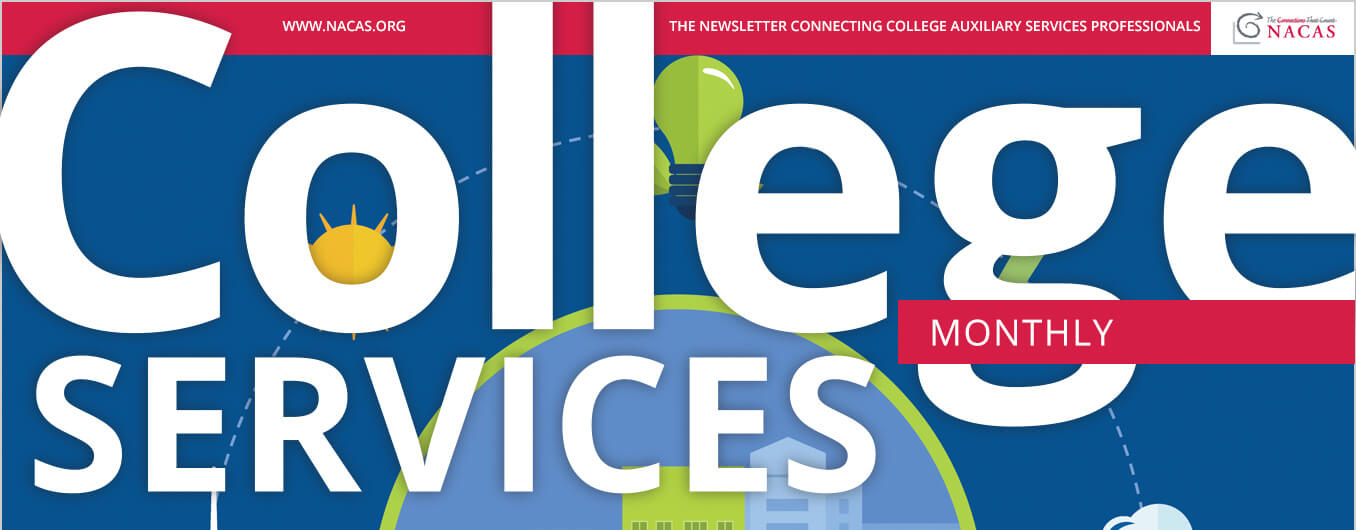
Johns Hopkins University Community Safety Program highlights public and private partnership and student and community collaboration
![]() Print this Article | Send to Colleague
Print this Article | Send to Colleague
Situation
The Johns Hopkins University Community Safety Program is a partnership of the Johns Hopkins University Campus Safety and Security, AlliedBarton Security Services and the Baltimore Police Department.Johns Hopkins University is a private institution with an unarmed campus security department.The goals of this continuing partnership are utilizing the students, faculty, staff and community to assist in deterring crime; educating students and local residents on safety in an urban environment; and strengthening community relations.Two initiatives that have contributed to the overall decline in violent crime on campus and the adjacent Charles Village neighborhood are the Hopkins Crime Watch and the Hopkins Neighborhood Walkers on Patrol.
In September 2006, in collaboration with the already existing Baltimore Police Department’s Block Watchers Program, the Hopkins Crime Watch initiative was established within the university community for the students, faculty, and staff to provide extra "eyes and ears" to assist the Baltimore Police Department in reporting suspicious activity or crime.
Edmund G. Skrodzki, executive director of campus safety and security at Johns Hopkins University, www.jhu.edu/security, who retired from the Secret Service, sought to ensure that the university was a haven where students can study, live, and work safely. "I joined Johns Hopkins University in 2005 and understood from my Secret Service background that security is a shared responsibility and that it is vital to establish strong public and private partnerships with local government, law enforcement, and the community."
"Reduced budgets all around make it vitally important that safety is a shared responsibility," said Major Kimberly Burrus, Baltimore Police Department.
Challenge
The university’s challenge was to expand the already established partnership approach to safety and security. There was a strong desire to develop a program that would include more student participation. When students and the community are actively involved in the creation of a safe environment, they are empowered to take ownership and are more observant and responsible.
The goal was to contribute to a decline in violent and non-violent crime on campus and the adjacent Charles Village neighborhood. How do you encourage incoming freshman and community neighbors to participate in safety efforts?
Solution
"In 2008, to encourage our students to be actively involved in our community safety program, the Hopkins Neighborhood Walkers on Patrol initiative was established to increase the safety of the neighborhoods surrounding the university," said Skrodzki.The initiative involves the use of foot patrols through the local neighborhood with groups composed of students, staff, campus police officers, a Baltimore police officer, AlliedBarton security officers, local residents, and occasionally, special guests, i.e., City Council members, Baltimore City State’s Attorney, university administration, etc.
"About 80 percent of incoming freshman sign up for a safety walk," said Skrodzki. "It is not mandatory, but students learn that the walks and presentations provide an understanding of living in an urban environment and they end up enjoying productive and valuable relationships with campus security and local law enforcement."
Recruitment is accentuated by various giveaways to participants such as florescent Hopkins Neighborhood Walkers on Patrol hats, T-shirts, whistles, and flashlights.
"Throughout the year as campus safety and security officers host or are invited to events, they use these opportunities to recruit students into our Hopkins Crime watch program and offer them a street smarts briefing," Skrodzki said.
As part of the preparations, students are educated on how to recognize suspicious or criminal behavior that would warrant reporting. Each crime watcher is given a business card assigned with a unique Baltimore Police seven-digit crime watch number for quick retrieval. If a crime watch participant reports a crime and is subsequently summoned to appear in court, Campus Safety and Security will transport the crime watch participant witness to and from the judicial proceeding and follow the case with the student until its conclusion.
Compared to other Citizens on Patrol programs, this unique initiative includes a three-prong approach:
?Visible Presence – By walking in groups in the neighborhood, there is a deterrent effect for potential criminals who may be in the area.
?Education – Participants learn about vulnerable aspects of their urban environment such as parked vehicles with valuables in plain sight, open or unlocked windows in homes, and concealed areas that criminals could use to prey on unsuspecting passers-by, as well as what to do if one is a victim of a crime. The participants are briefed on how and when to use any one of the 114 blue light emergency phones on and off-campus and use of bike patrol security officers for escorts. Campus safety and security representatives provide specific examples of crimes that have been committed in the area in the past and offer suggestions on prevention.
?University/Community Engagement– Providing the opportunity for the university community and local neighbors to interact with each other as well as to meet Baltimore Police, campus police officers, and AlliedBarton personnel is key. This engagement strengthens the ties between the university community and the local neighbors.
"Last year on a neighborhood safety walk, as the campus police officer was explaining how the walkers should be sure to survey rooftops and lower floor apartments for potential burglars, a sharp-eyed student saw a man on the roof of a residence," Skrodzki said. "The campus police officer called it in, and the man on the roof had a warrant for burglary and was arrested."
Result
Each year, the volunteer enrollment has steadily increased and overall crime has reduced since this program started, according to Major Burrus. The positive interaction between law enforcement personnel, security personnel, staff, students, and neighbors has resulted in positive community relations, reduced crime, and increased street smarts.
"Johns Hopkins University is very active in reinforcing safety and security for students, faculty, and staff," said DelMar Laury, vice president/general manager, AlliedBarton. "In addition to hundreds of closed-circuit TV cameras on and around campus, general security measures include increased foot, bike, Segway, club car, and motor patrols, both on- and off-campus with campus officers, AlliedBarton security officers, and off-duty Baltimore police."
Johns Hopkins University makes safety education a continual priority starting at freshman orientation and throughout their time on and off campus, with information sessions, daily reports, security alerts, free security inspections of student off-campus residences, posters, classes, ride-along patrols, and other activities.
By increasing public participation in the neighborhood walk, the Johns Hopkins University program operates as a deterrent to crime in the local community by providing a visible presence in the neighborhood and educating participants on crime prevention. The program is ever-evolving to help mitigate risk and reduce crime by educating students.
And, student involvement is only part of this highly collaborative effort. The surrounding community has placed a high priority on safety and security, as well. The Charles Village Community Benefits District encompasses a 100-square-block area of north Baltimore with a population exceeding 14,000 and with more than 700 businesses. David T. Hill, executive director of the Charles Village Community Benefits District, actively collaborates with public and private partners, and security measures include targeted safety patrols, security cameras, workshops, assistance to victims of crime, and published information via a newsletter and on Facebook, Twitter, and a weekly Crime Alert email. "Our success and our effectiveness are predicated on community involvement in concert with police and contract security," Hill said. This program was expanded to include a judicial watch committee that has a very effective mail campaign to inform the judiciary of the effect of crimes committed within the Charles Village Community Benefits District.
The Johns Hopkins University Campus Safety and Security department was recognized for its efforts with the 2011 IACP Mike Shanahan Award for Public and Private Partnerships. Additionally, for six consecutive years, they’ve received the Maryland Governor’s Crime Prevention Award for making outstanding contributions to furtherance of crime prevention in the community.

For more information visit: www.nacas.org


